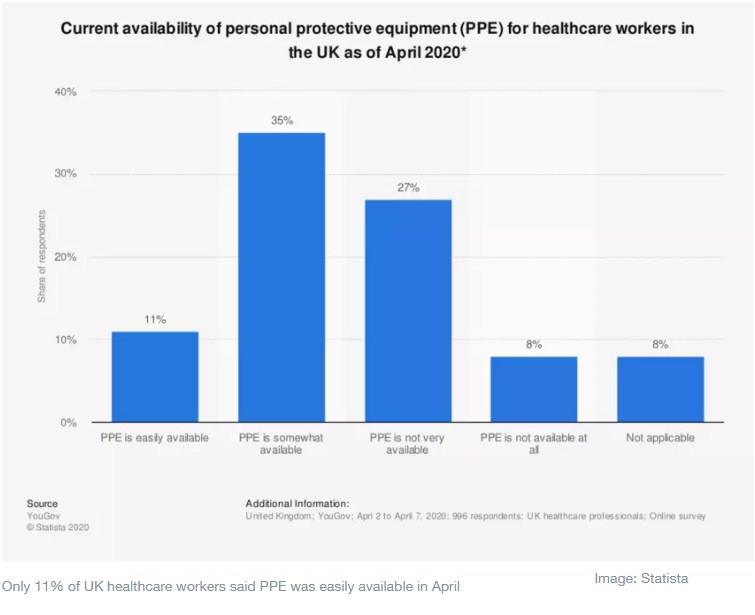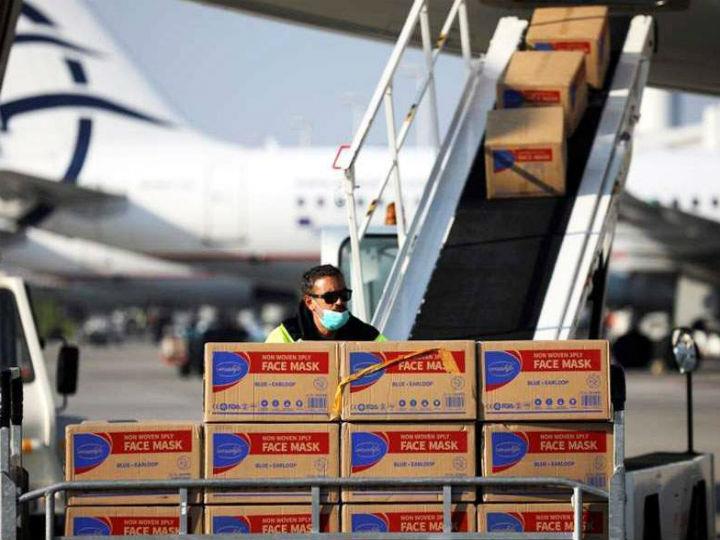by Veronica Vecchi, Giuditta Callea and Niccolo Cusumano*
Europe and large parts of Asia and Oceania are starting to emerge from the worst of the COVID-19 pandemic. Policy-makers and health officers, therefore, need to figure out the most efficient and effective way to ensure the availability of personal protective equipment (PPE) and other critical devices in order to cope with future peaks in contagions, whether from COVID-19 or other health emergencies. The depletion of such supplies has been a common trait in the most acute phases of the pandemic in the most affected countries, such as the US, UK and Italy.
Even the US, which in 2003 introduced a ’strategic national stockpile’ of critical medial supplies in the wake of the attacks on 9/11, was unable to cope with the surge in demand. The federal stock, like many public programmes, suffered from budget cuts during the years when needs felt less pressing, as well as poor planning and management, with many of supplies becoming obsolete. Therefore, during the COVID-19 emergency it did not provide a coordinated and timely answer to hospitals’ needs.
Italy and UK, which did not have such a safety valve in place, rushed to purchase necessary items by assigning their procurement to national entities, such as NHS Supply Chain Co-coordination Ltd in the UK and Civil Protection in Italy, which tried to source overseas without the necessary expertise, agility, and knowledge of global supply chains, ultimately failing to secure everything they needed. To fill the gap, hospital buyers began parallel sourcing from local established or new suppliers. Novel local production began in some places, with many difficulties due to the lack of adequate materials and bottlenecks in the testing/approval process.
The lack of critical goods during the shock of a global pandemic has lead many governments to reassess supply risks and to evaluate the need to re-shore national production for those devices and pharmaceuticals that are now manufactured largely in Asia (mainly China and India). From this perspective, it is crucial for governments to better coordinate economic development and healthcare procurement policies. The stimuli for national production could come from incentives and sophisticated public procurement, which, in the last decade, has been mainly conceived with the aim of cutting costs, especially in countries with a national healthcare service such as Italy and the UK.
In crisis, opportunity
The COVID-19 pandemic provides an opportunity to design resilience-oriented procurement strategies, based on the selection of reliable providers; the creation of a portfolio of providers to be activated in case of emergency; and the use of contracts to allow flexibility and outcome-assurance. In order to do this, public-private co-designed solutions are needed, which are possible only when governments are open and ready to negotiate with private sector entities, thus moving procurement from a compliance-based perspective into a risk-management and collaborative perspective.
How to ensure the availability of critical items during supply/demand shocks could be the first field in which such a strategic approach to procurement, based on public-private collaboration, could be tested.

According to Paolo Mazzoni, head of Government and Public Affairs at 3M in Italy, the most efficient way for governments to ensure the availability of critical devices is the selection of a group of reliable providers from which to purchase available stocks, to be used when needed. It would mean that these experienced providers will plan their production and warehousing in order to maintain full use of the stock and avoid waste. The private operator could also be entrusted to guarantee continuity of supplies to hospitals, even during an emergency, and could help the health system to correctly evaluate needs, avoid panic buying and demand fragmentation. Under such an agreement, the government will pay a fee closer to the cost of the working capital for the supplier and the full price only in the case of actual use. This solution could be more value for money than the direct purchase and management of a warehouse.
Other examples of innovative approaches include telemedicine, advanced systems for data analysis coupled with artificial intelligence and digital transformation of health services, or the transition to precision medicine.
In a context in which governments are trying to address supply shortages, the risks of wasting public money or adopting of forms of protectionism are high. Different procurement approaches, where public authorities act as sophisticated buyers to stimulate innovation and productivity through more public-private dialogue and collaboration, in coordination with local development policies, could, therefore, provide more affordability, sustainability and overall resilience. This also calls for a new collaborative and convergent public and private leadership to build trust and generate public value.
The aftermath of COVID-19 is a great opportunity that can’t be wasted – especially in the context of Europe’s ’Next Generation EU’ plan, which is making €750 billion ($850 million) available to help member states rebuild in the wake of the crisis.
*Associate Professor of Practice, SDA Bocconi School of Management and Associate Professor of Practice, SDA Bocconi School of Management and Associate Professor of Practice, SDA Bocconi School of Management
**first published in: www.weforum.org




 By: N. Peter Kramer
By: N. Peter Kramer
